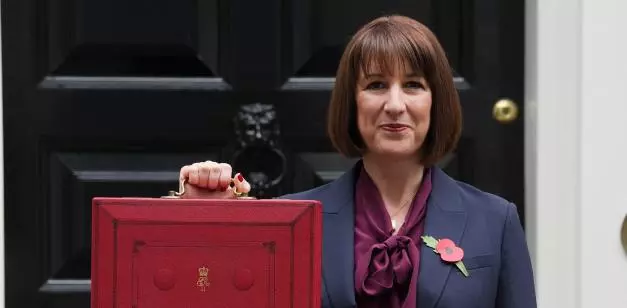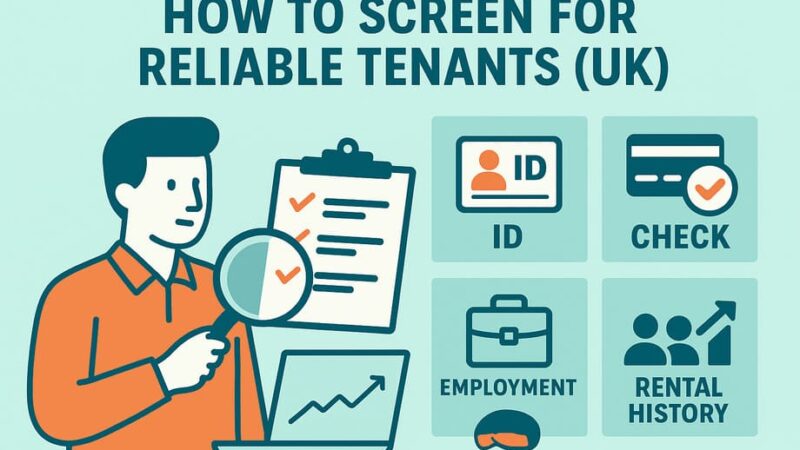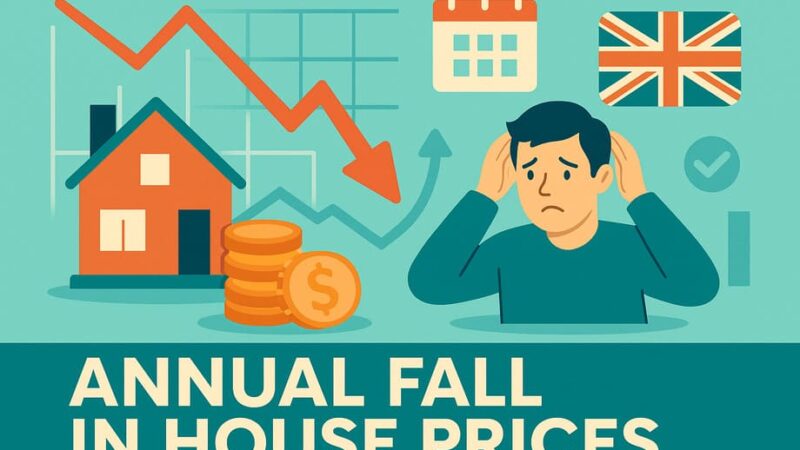Rachel Reeves Weighs Staggered Stamp Duty to Thaw a Stalled Housing Market

Chancellor Rachel Reeves is exploring a bold shift in how buyers pay stamp duty, with discussions under way about allowing instalments rather than a single upfront lump sum. The move, if adopted, could make moving home less financially daunting, though it raises fresh questions for lenders, the Treasury and the wider market.
What’s on the Table
At the heart of the debate is a blueprint inspired by the Tony Blair Institute (TBI). It suggests a government-backed loan to cover stamp duty, repaid in instalments and possibly written off if the buyer moves within a set timeframe. In theory, it would turn stamp duty into something that feels closer to a long-term property tax rather than a painful one-off hit.
A Treasury spokesperson, however, has so far kept their cards close to their chest, noting only that “decisions are made at fiscal events.” That silence has done little to calm speculation across the sector.
Why Now?
Why is this being floated now? Partly because the market has been sluggish, with many households delaying moves due to the sheer upfront cost of buying. The Chancellor is also under pressure: if economic growth forecasts are trimmed even slightly, her fiscal “headroom” narrows – and housing transactions are one lever she can try to pull without writing a huge cheque.
It’s also worth noting that HMRC has already collected more than £9.3bn in stamp duty this year, a £1.6bn jump on the same period in 2024. That kind of revenue makes the tax politically and fiscally sensitive: tweak it too much and you risk a funding gap, do nothing and you risk a frozen market.
Industry Reaction: Cautious Optimism
Among agents and analysts, the reaction is mixed but leaning positive. Zoopla’s Richard Donnell believes spreading payments could “unlock more home moves,” especially in London and the South East where bills are eye-watering.
Yet brokers point out a potential snag. If monthly stamp duty instalments are treated as an ongoing debt, lenders might factor them into affordability checks. In practice, that could shrink the size of mortgage buyers are offered – hardly the spark the government wants.
One seasoned broker told me: “It’s clever politics. On paper, you help people by lowering the entry barrier. But unless banks play ball, the benefit could be smaller than ministers hope.”
Politics and Perimeter
Stamp duty reform rarely happens in isolation. Alongside instalment options, Whitehall officials are mulling broader property-tax changes, from proportional levies tied to home values to tweaks in council tax. But any reform must satisfy the Office for Budget Responsibility (OBR) that long-term revenues will remain stable.
Politically, Reeves will also be wary of being accused of introducing a “stealth tax”, stretching payments out might feel easier, but households will still end up paying the same bill, just in a different form.
What It Would Mean for Buyers and Sellers
- First-time buyers: A clear win in terms of lower upfront costs, freeing cash for deposits, fees or furniture. But the flip side is higher monthly outgoings if banks insist on factoring the instalments into affordability tests.
- Movers in high-value areas: Families facing six-figure stamp duty bills would welcome relief, potentially breaking transaction logjams.
- Sellers: They may see buyers holding off until November’s Budget, hoping for clarity. In a fragile market, that pause could be damaging.
- Treasury: Instalments could smooth the path politically, but the government would need a watertight system to avoid arrears or defaults.
The Road to the Autumn Budget
So what happens next? Reeves has a choice:
- Introduce a quick administrative tweak – say, two-to-five year instalment plans; or
- Signal a more radical long-term reform of property taxation.
For now, the uncertainty itself is shaping the market. Buyers are asking: should I wait? Sellers are wondering: will demand fall off a cliff if I list now?
Bottom line: Paying stamp duty in instalments could well be the Chancellor’s most practical short-term lever to get the housing market moving again. But whether it becomes a genuine game-changer or simply a repackaging of the same pain will depend entirely on the fine print and on whether lenders, buyers and sellers all believe it’s a step forward rather than a political gimmick.
Last Updated on September 30, 2025 by James Cartwright




